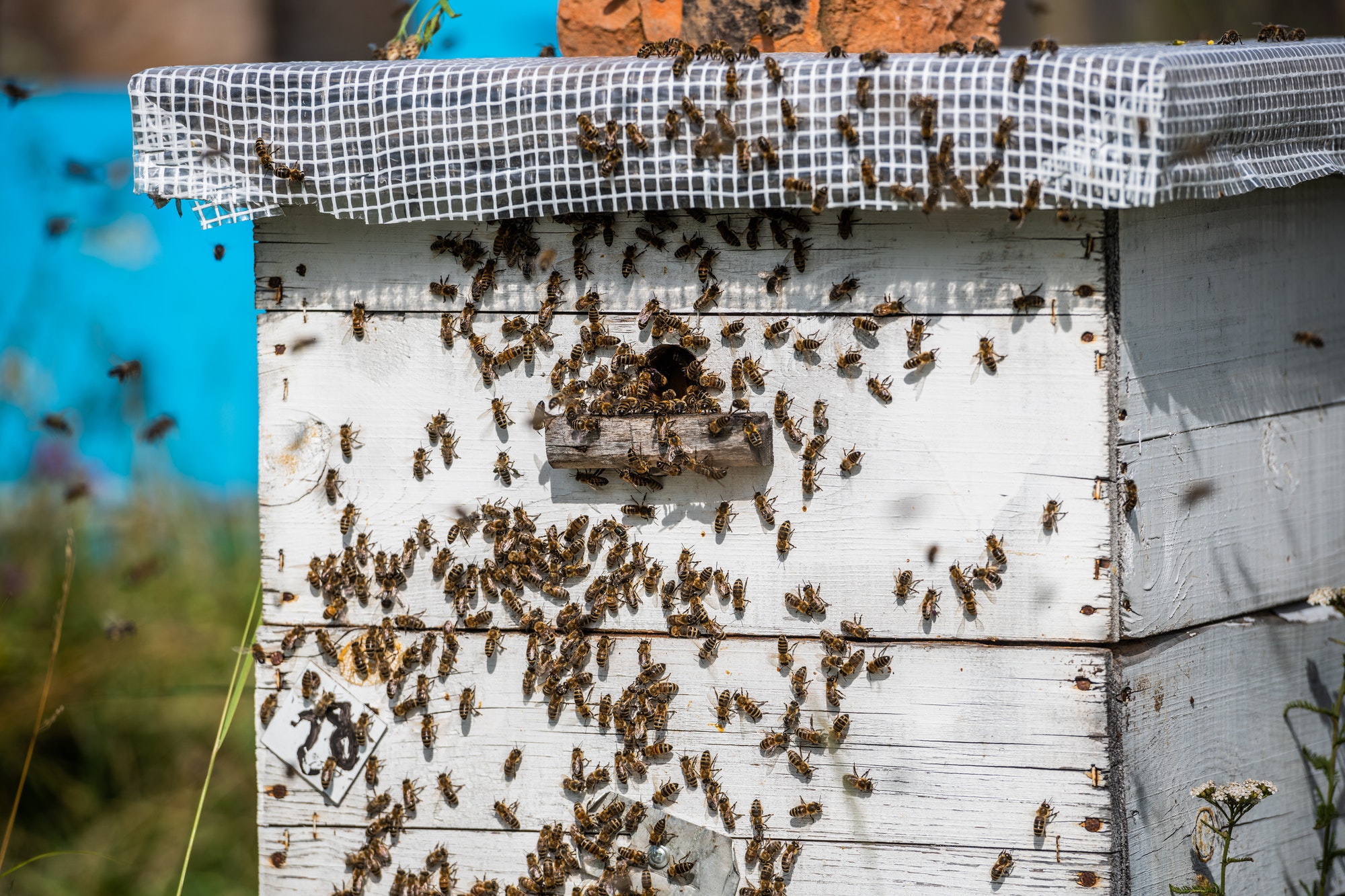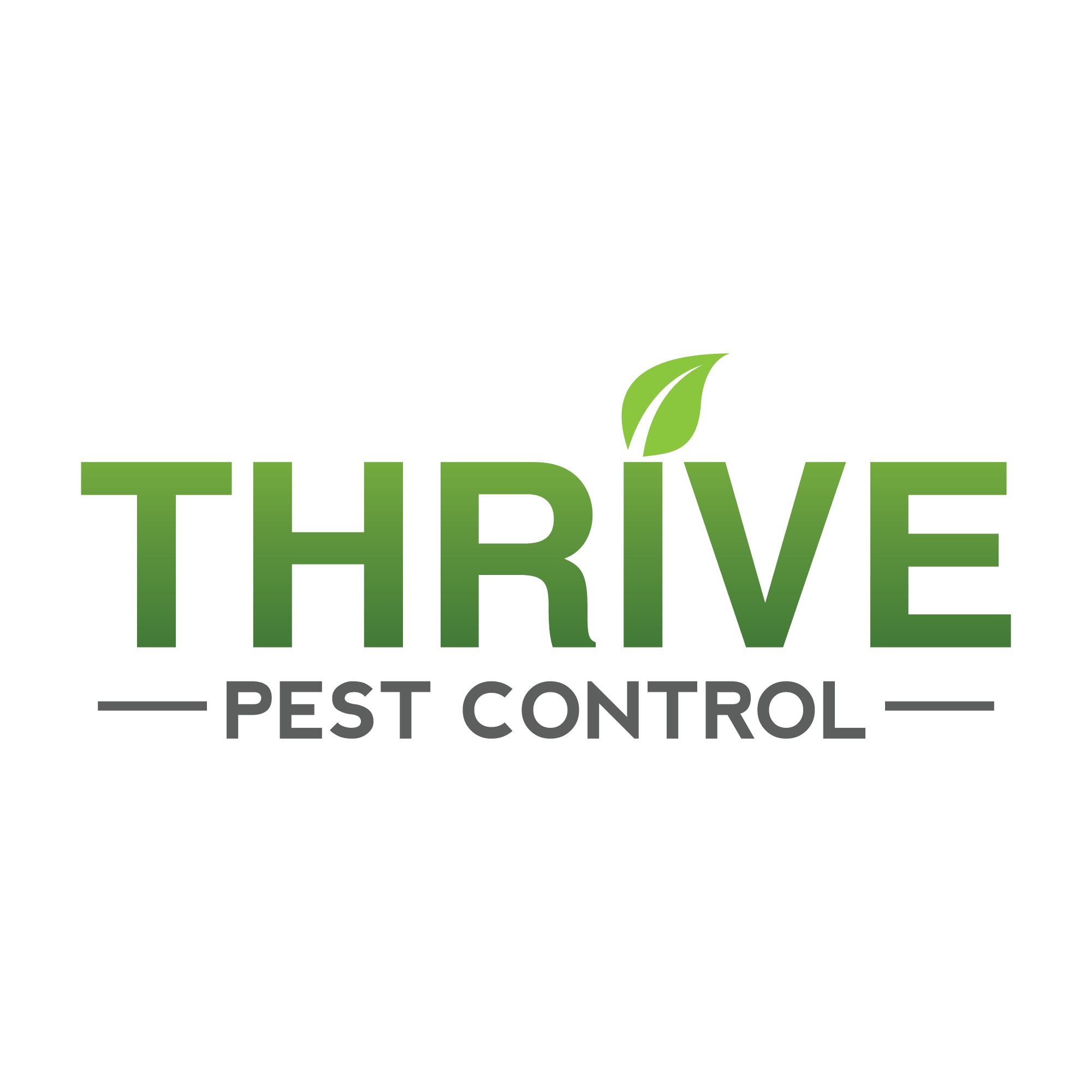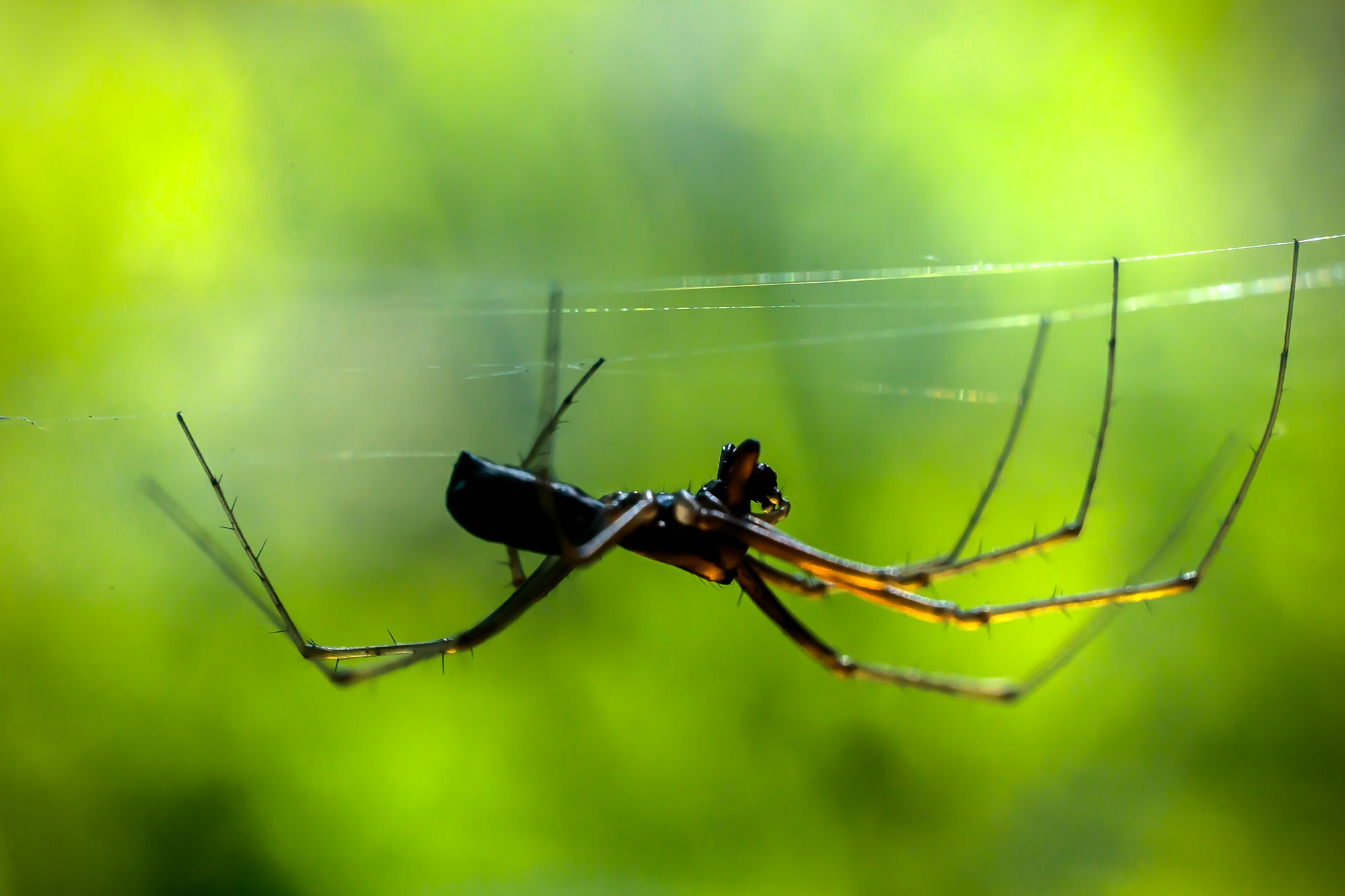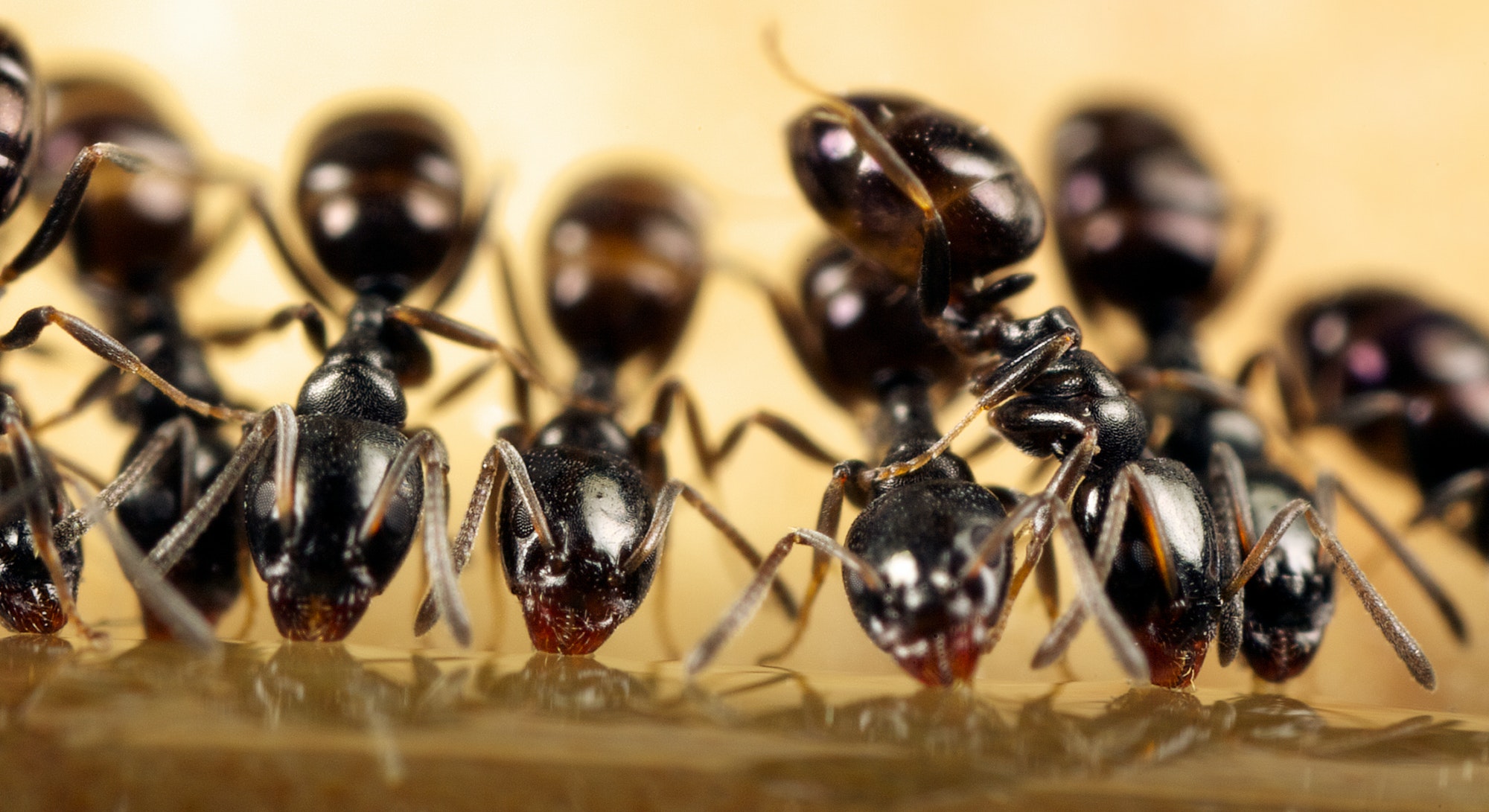Why Bees Are Important For The Ecosystem?
The vast majority of plant species rely on pollinators such as bees to reproduce. Bees are such fascinating and interesting creatures who play a vital role in our ecosystem. Although most people believe that bees are only useful for pollination, there are various important occupations bees play in our environment that benefit our lives as well. Bees are of critical importance in our environment due to their ability to produce oxygen, medicine, crops, and genetic diversity.
Oxygen is imperative for respiration and provides energy for our cells to work. Pollination is the main and most important role bees participate in to achieve their goal of producing oxygen. In order to do so, bees must travel from plant to plant extracting pollen from male parts of the flower to the female parts of the flower. Once this is completed, fertilization occurs and the flowers produce seeds. This allows for plants to keep producing enough oxygen for us to breathe.
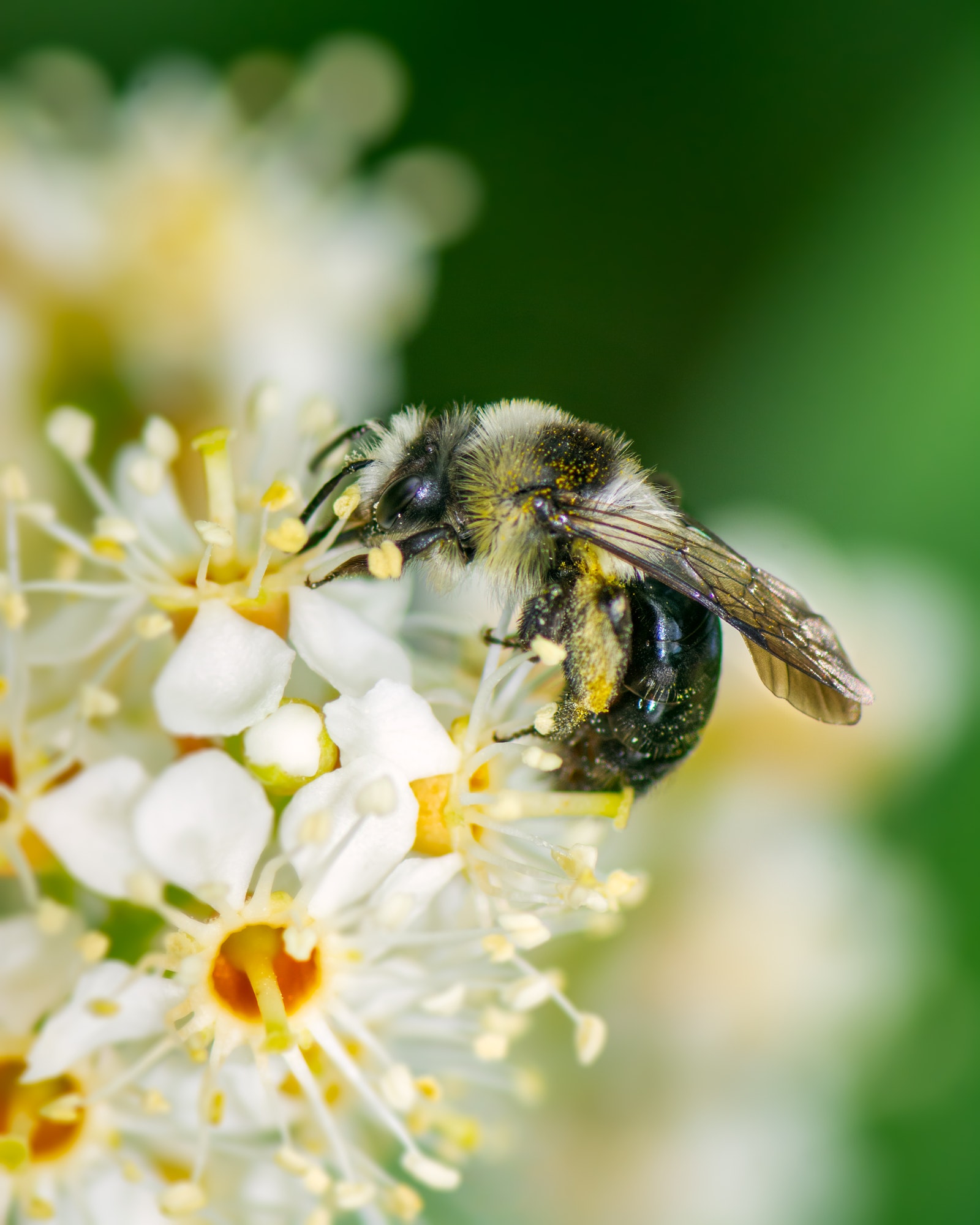
Besides oxygen production, bees are also essential in providing our medicine. Some medications contain bee products such as beeswax, pollen, honey, propolis, and even bee venom. These products serve as an anti-inflammatory, anti-bacterial, anti-fungal, and antiviral medication.
For arthritis patients, bee venom can be used as part of their treatment. The anti-inflammatory effects of the venom help reduce inflammation to their joints as well as ease their pain. The venom contains enzymes that are extremely beneficial for skin health. Some skin care companies began including bee venom into their products due to their wrinkle reducing and antibacterial providing effects.
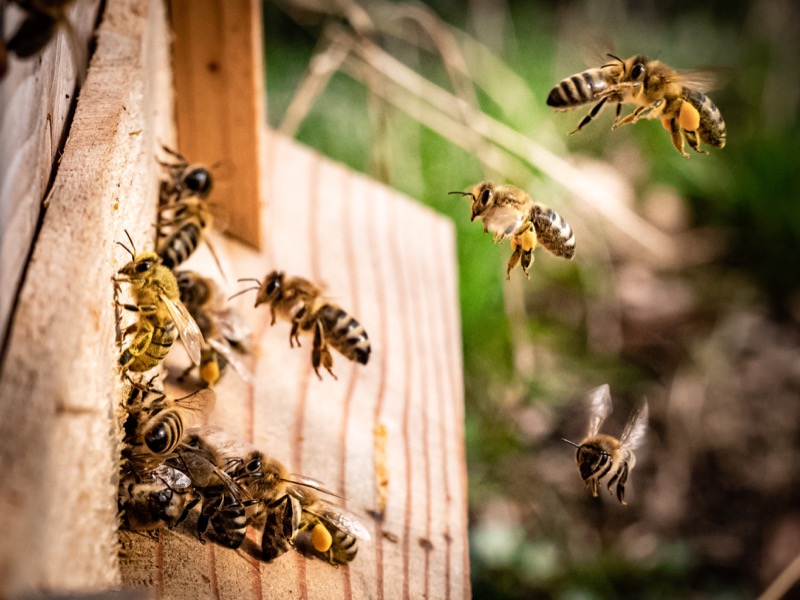
Although most people believe that bees are only useful in pollination, it is their most crucial duty. Pollination is responsible for plant reproduction, maintaining a genetic diversity, and the production of fruits and seeds in our agriculture. In order for plants to reproduce, bees must collect nectar and pollen from the stamens of the flower and transport them onto the stigma of a different flower.
This causes fertilization and eventually develops into a seed-carrying fruit. Once the seeds are fertilized, they soon grow into crops that make up the agriculture. Foods such as apples, blueberries, cucumbers, avocados, and onions all come from plants that require pollination. Maintaining a genetic diversity between the plants is critical during the process of cross pollination.
Cross pollination is the transfer of pollen from one plant to another of the same species while self pollination occurs when pollen is deposited onto the stigma of the same flower. Genetic diversity is necessary in an environment where the plant’s offspring can survive. Self pollination leads to the production of plants with less genetic diversity while cross pollination allows for more genetic diversity.
Despite what most people think, bees are extremely significant in our ecosystem. Without these extraordinary pollinators, we would have a difficult time surviving since they are responsible for the production of oxygen, medicine, crops, and genetic diversity in our ecosystem. If bees were ever to go extinct, over half of the world’s crops would cease to exist leading to a global food shortage. Not only would we run out of food, but air and medicine as well. In a world without bees, Earth would struggle to sustain itself along with the 7.8 billion humans dwelling on it.
